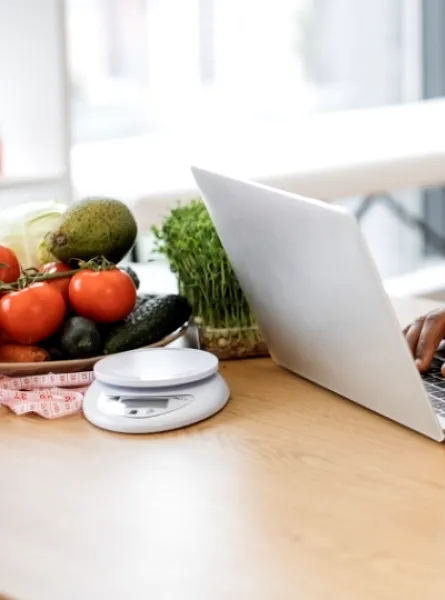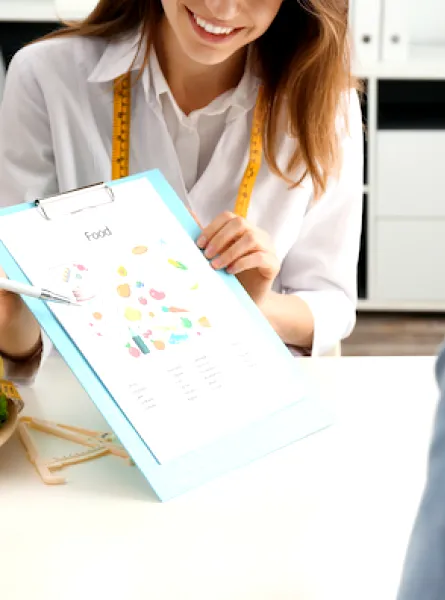
It can sometimes be difficult to manage our diabetes, especially when we don't know where to start. Fortunately, here are 3 easy tips to help us get there!
Tip #1 - Fibers are our friends
Although fibers are not absorbed by our bodies, they are still very beneficial. Among other things, they help regulate our blood sugar levels by slowing down the absorption of other carbohydrates consumed during a meal. For example, if we eat a meal rich in carbohydrates but with little fibers, our blood sugar levels will rise much more quickly and higher than if we had eaten a meal rich in fibers and in carbohydrates! But that's not all. Fibers also help regulate bowel movements. Foods rich in fibres are therefore often recommended when suffering from constipation.
Warning: If we increase our fibre intake, we must also increase the amount of water we drink.
Tip #2 - The importance of varying your measurements
Monitoring our blood glucose levels and varying the times we measure them is a good way to know if the diabetes is well controlled. We can test our blood sugar on an empty stomach and/or 2 hours after a meal. The important thing is to vary the measurements and to report them to a health professional. Generally, we aim for a blood sugar level between 4 and 7 mmol/L fasting, and between 5 and 10 mmol/L two hours after a meal. If the reading is higher than 10 mmol/L after a meal, we can assume the amount of carbohydrates consumed was probably too high.
Warning: Blood glucose monitoring should not turn into an obsession either. For most people, measuring it once or twice a day is more than enough.
Tip #3 - The power of snacks
When the blood sugar is high in the morning, it may mean that we didn’t eat enough carbohydrates the night before. The body compensates for this low carbohydrate intake by producing glucose overnight. The result? Blood glucose levels are high when we wake up. If the only readings that are abnormal are in the morning, it may be beneficial to have a small, balanced snack before going to bed. The next day, we can measure the blood sugar again and see if there’s an improvement.
Nevertheless, to properly manage our diabetes, it is important to discuss it with our doctor and other health professionals, such as a dietitian. Being well accompanied is a winning strategy!





